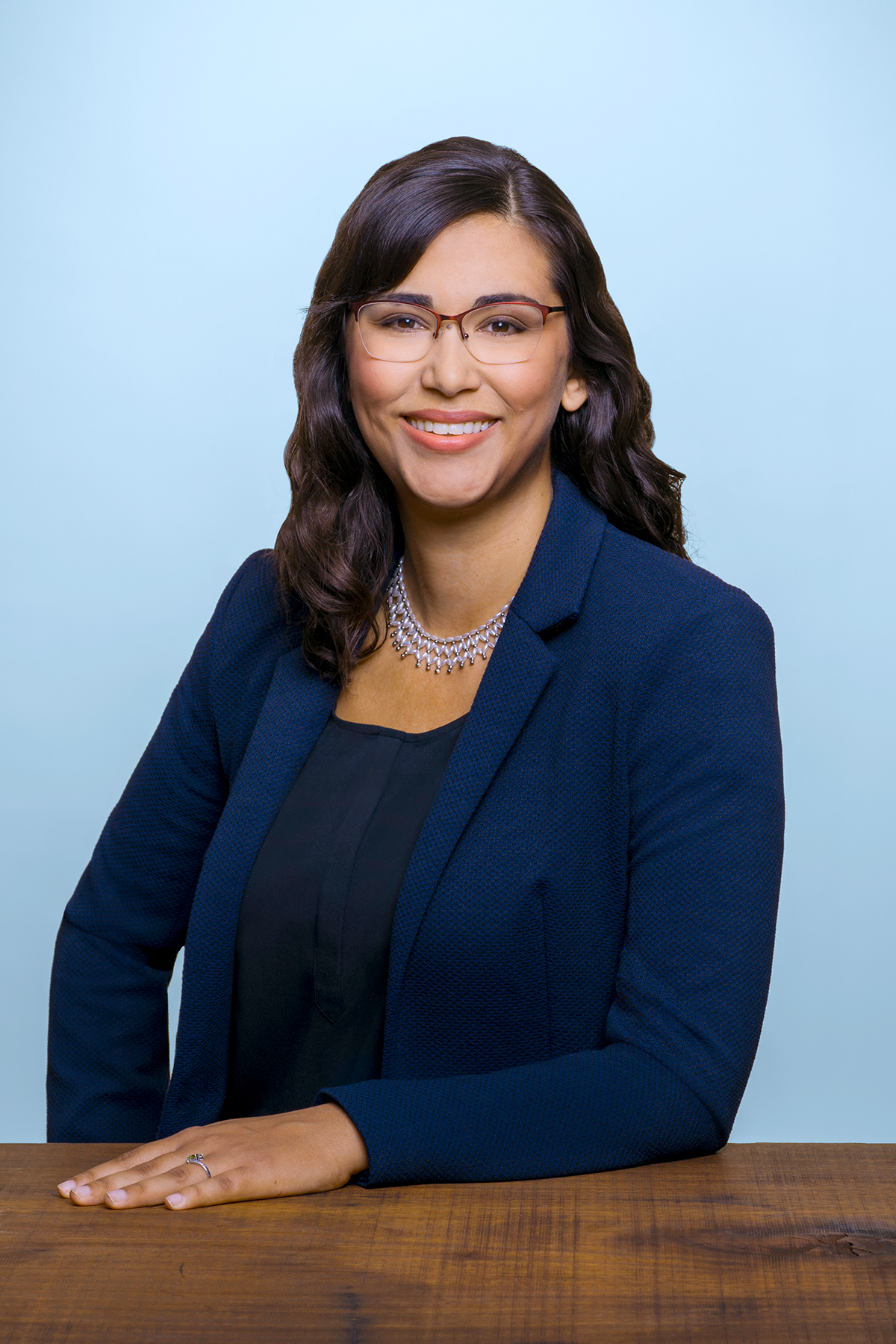
How is it possible the housing market is as strong as it is, given that the overall economy is as weak as it is? Confronting questions like these, Daryl Fairweather ’10, chief economist of the real estate website and brokerage Redfin, seeks explanations based in complex human motivations. “When people make the decision to buy a home, so many factors are involved beyond whether they can afford it,” she says.
Fairweather first peeked into homeowners’ heads as a research assistant at the Federal Reserve of Boston, having studied mortgage data through the MIT Undergraduate Research Opportunities Program (UROP). Interviewing individuals affected by the foreclosure crisis about life events, financial literacy, and risk aversion “got me interested in the intersection between behavioral economics and housing,” she says. Her PhD mentor at the University of Chicago was Richard Thaler, who won a Nobel for his analysis of how human traits govern individual economic decisions. She worked for two years at Amazon, studying employee engagement, and joined Redfin in 2018.
Fairweather works with Redfin’s researchers and writers to brainstorm questions and then—her favorite part—design methodologies to answer them. They analyze Redfin’s sales data and search patterns, survey users, and tap into a nationwide network of brokers: “We track, for example, how many of our agents have been engaged in bidding wars,” she says. Faced with puzzling data, “I can call up an agent and they can explain to me what they’re seeing on the ground.”
Communicating with the public is a big part of her job. She gives frequent press interviews and writes blog posts with titles like “Homebuyers Flock to Four Cities for Affordable Land and Growing Salaries.” One pandemic-driven trend she’s watching: roughly half of Redfin users recently polled have made an offer on a home in which they’d never set foot. Thanks to video tours and digital closings, she says, “you don’t have to leave your house to buy a house nowadays.”
A self-described board game geek and funk enthusiast, Fairweather feels an enduring connection to MIT—in part because she and husband Adam Jaramillo met as incoming students through the enrichment program Interphase EDGE. She says she was inspired to seek a strong technical education by her grandmother Norma Merrick Sklarek, who was the first licensed female African-American architect in both New York and California: “It’s good to have role models to show you that it might not be the easiest path, but if you stick with it, there is a path for you.”
Keep Reading
Most Popular
Large language models can do jaw-dropping things. But nobody knows exactly why.
And that's a problem. Figuring it out is one of the biggest scientific puzzles of our time and a crucial step towards controlling more powerful future models.
How scientists traced a mysterious covid case back to six toilets
When wastewater surveillance turns into a hunt for a single infected individual, the ethics get tricky.
The problem with plug-in hybrids? Their drivers.
Plug-in hybrids are often sold as a transition to EVs, but new data from Europe shows we’re still underestimating the emissions they produce.
Stay connected
Get the latest updates from
MIT Technology Review
Discover special offers, top stories, upcoming events, and more.